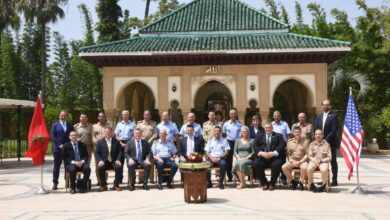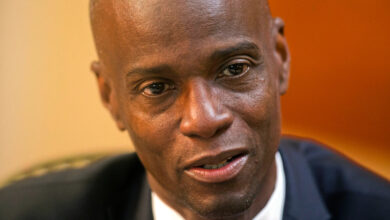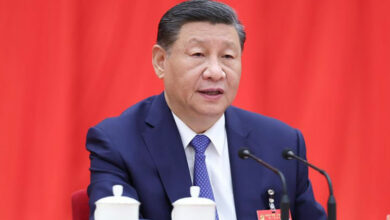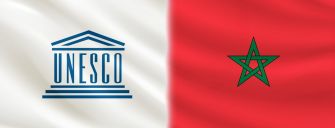New York: Bourita Highlights the Morocco–Spain Model in Migration Management
New York: Bourita Highlights the Morocco–Spain Model in Migration Management
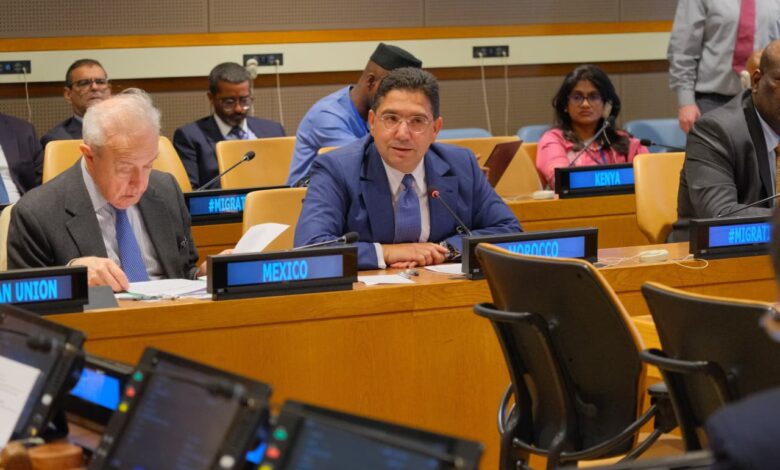
ALDAR / Meryem Hafiani
On the sidelines of the 80th session of the United Nations General Assembly in New York, Minister of Foreign Affairs, African Cooperation, and Moroccans Living Abroad, Nasser Bourita, took part in the High-Level Strategic Dialogue dedicated to migration. On this occasion, he reaffirmed that Morocco now has a clear and integrated vision for migration management, inspired by the High Directives of His Majesty King Mohammed VI, in his capacity as African Union Leader on this issue.
Mr. Bourita stressed that the Kingdom, as a country of origin, transit, and destination, fully recognizes the complexity and multiple dimensions of the migratory phenomenon. He explained that Morocco’s strategy is built on the principle of international solidarity and the fair sharing of responsibilities among States, with the aim of providing common and humane responses to this cross-border challenge.
The Moroccan Foreign Minister highlighted the example of Moroccan–Spanish cooperation in migration management, describing it as a concrete and pragmatic model that demonstrates the effectiveness of bilateral and international partnerships in addressing common challenges. According to him, realism and action on the ground remain the keys to successful governance of this sensitive issue.
Referring to Morocco’s flagship initiatives, Nasser Bourita recalled the African Agenda on Migration, adopted by the African Union as a continental reference framework, as well as the African Migration Observatory, based in Rabat, which serves as a platform for analysis and data collection. He also reiterated the Kingdom’s firm commitment to the Global Compact for Safe, Orderly and Regular Migration, adopted in Marrakech in 2018, not to mention the exemplary cooperation maintained for more than twenty years with the International Organization for Migration.
However, the Minister did not fail to point out the paradoxes that continue to hinder the international management of migration. Among them: the politicization of the subject, often exploited for electoral purposes, at the expense of recognizing the positive role of migrants as an economic and social force; the persistent gap between the declared ambitions of multilateralism and the lack of available resources; and, finally, the risk that the next review meeting of the Global Compact will be reduced to a purely formal exercise, when it should serve to strengthen coordinated and effective governance.
In conclusion, Nasser Bourita reaffirmed Morocco’s determination to uphold a balanced approach that reconciles the human dimension with shared responsibility. He urged the international community to seize the upcoming UN milestones to renew a collective commitment that places migrants at the heart of policies, away from political divides.


